In a new three-part series, FactCheck.org examines Democratic presidential candidate Robert F. Kennedy, Jr.'s false and misleading claims about vaccines, autism, Covid-19 and other health topics.


In a new three-part series, FactCheck.org examines Democratic presidential candidate Robert F. Kennedy, Jr.'s false and misleading claims about vaccines, autism, Covid-19 and other health topics.
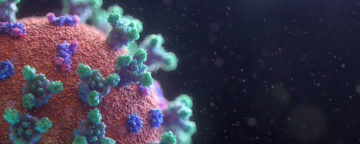
The Annenberg Public Policy Center has received support from the Robert Wood Johnson Foundation to expand a new model for blunting the impact of deceptive claims about health.

At the delayed commencement for Penn's class of 2020, Kathleen Hall Jamieson lauded the university's faculty, students, and graduates for their work battling the pandemic.

FactCheck.org's 2021 "whoppers of the year" include claims about Covid-19 and vaccines, Trump's false voter fraud claims, and claims by and about the Biden administration.

The "Guide for Understanding How to Protect Yourself and Your Community" from COVID-19 offers valuable information about the disease and its origin, transmission, virulence, prevention and treatments.
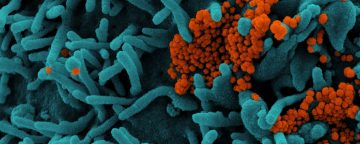
In the April issue of Scientific American, scholar Kathleen Hall Jamieson explains how everyone can debunk misinformation about COVID, vaccines and masks.

FactCheck.org and Univision Noticias have received funding from the Google News Initiative to produce fact checks about COVID-19 immunization misinformation as short bilingual video explainers.
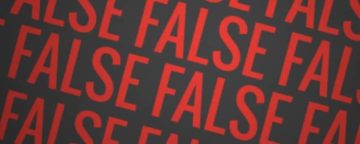
FactCheck.org has released its "whoppers of 2020" on the year's political fabrications. Once again, President Trump tops the list though President-elect Biden is on it, too.
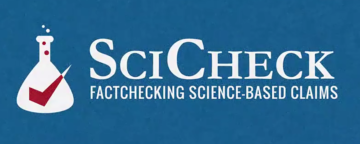
FactCheck.org announced that it has received a third year of funding from the Stanton Foundation to support SciCheck, which focuses on false and misleading political claims about science.
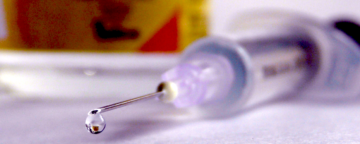
A majority of people in the U.S. said that they would be likely to get a vaccine to protect them against Zika virus if it were available, according to the latest APPC survey, No vaccine exists yet.